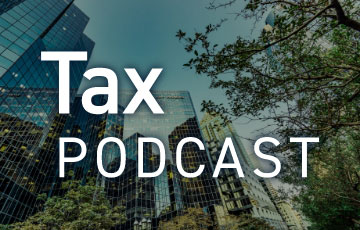8(a) Business Development Program Creates Opportunities in the Federal Marketplace
What is the 8(a) Business Development Program?
The Small Business Administration’s (SBA) 8(a) Business Development Program was created to help small, disadvantaged businesses, particularly minority-owned businesses, compete and work with the federal government.
During the nine-year 8(a) program, participants can be awarded sole-source contracts up to $45.5 million for goods and services, and $8.5 million for manufacturing, as well as compete in larger 8(a) set-aside contracts. 8(a) certified companies can also participate in the SBA All-Small Mentor-Protégé program and form joint ventures with larger contractors. This provides participants with the ability to expand their business and compete for 8(a) and other small business contracts that may normally be out of reach.
The 8(a) program offers small, disadvantaged businesses tremendous opportunities for sole source and limited competition contracts. However, 8(a) certification has stringent program requirements for participation approval, as well as annual compliance and reporting requirements.
What Are the Recent Updates to the 8(a) Business Development Program?
Presumption of Socially Disadvantaged
As a result of the Ultima Lawsuit (Ultima Servs. Corp. v. Dep’t of Agric.). (E.D. Tenn.), on July 19, 2023, the U.S. District Court for the Eastern District of Tennessee barred SBA from using the presumption of social disadvantage to administer the 8(a) Program. In order to gain acceptance into the 8(a) program, an individual-owned company* will now need to submit a minimum of two social disadvantage narratives to establish eligibility.
*Per the SBA: “The updated application process does not apply to entity-owned firms, such as firms owned by Indian tribes, Alaska Native Corporations, Native Hawaiian Organizations or Community Development Corporations. These firms will not need to submit narratives to apply for the 8(a) program.”
Competition-first Requirement
Contracting officers are now required to pursue a competitive 8(a) acquisition before awarding a sole-source 8(a) contract. An 8(a) sole source award can only be used when no suitable 8(a) contractors can be found or if time is of the essence.
Cherry Bekaert can assist 8(a) participants with their 8(a) competitive request for proposal (RFP) requirements and help create clear, compelling and compliant proposals. We work closely with your team to highlight strengths, address evaluation criteria and meet tight deadlines. Whether you need full proposal management or targeted support, our goal is simple — to make your response stand out and your bid more competitive.
Once An 8(a), No Longer Always An 8(a)
Incumbent 8(a) contracts are no longer guaranteed to stay in the program. SBA approval is no longer required if a contracting officer moves an 8(a) contract follow-on out of the program to another socioeconomic program.













